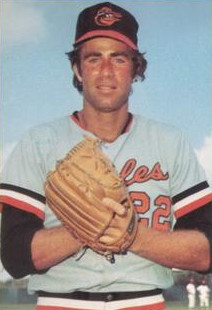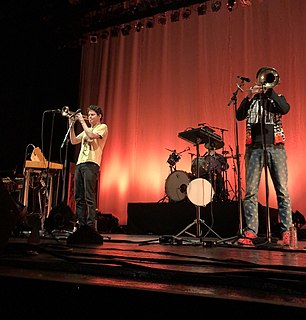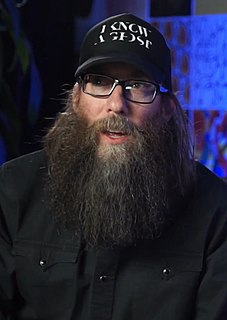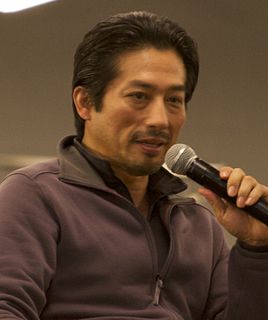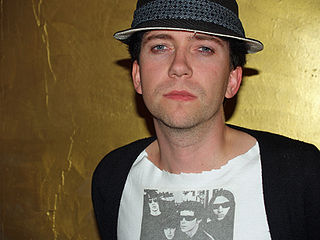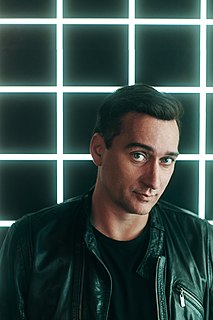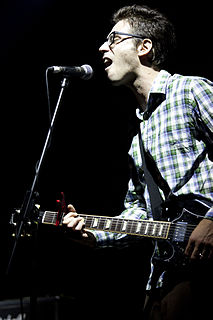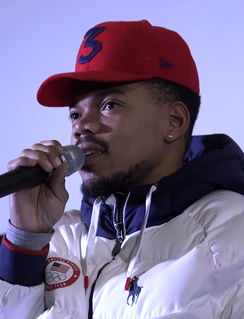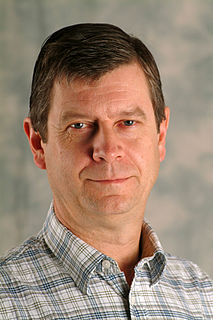A Quote by Annie Lennox
We think that this is just our world and we don't know what other people are thinking. Music actually is a phenomenal connector in that respect. It's a special language that defines certain boundaries and connects people in a particular way, a very emotional way, I have found.
Related Quotes
I am very interested in writers from the Francophone world. I like Kamel Daoud a lot, for example. In "The Meursault Investigation" and "Zabor," he shows a passion for the French language, a very special way of writing that belongs to those who live on the other side of the Mediterranean Sea. It is language that connects us. It allows people there to cling to our history, our culture and sometimes also our values.
Image and music always works together for me. I think they're equally important and I've always done things in a way that people remember them by, but I don't set out to just shock people...because that's very easy, a lot of people could do that, I just like to do things the way that makes me happy really. And sometimes that's too much for certain people, but, you know, I try to push the envelope to make the boundaries wider as far as what you can and can't do in music.
I found that most people don't really want to know the truth. There are plenty of people who want to know the truth on their terms or require that the truth be contained within certain boundaries of comfort. But truth can never be known this way. You have to seek truth from a place of not knowing, and that can be a very threatening place because we think we already know the truth or we are afraid of what the truth might be.
But once we realize that people have very different kinds of minds, different kinds of strengths -- some people are good in thinking spatially, some in thinking language, others are very logical, other people need to be hands on and explore actively and try things out -- then education, which treats everybody the same way, is actually the most unfair education.
A painting lets us know how somebody literally saw things. A piece of music is another language that transmits a whole wealth of emotion and wordless experience. But writing is special in the way at allows us to temporarily enter another person's world, to step outside the boundaries of our own time and space.
I don't know if people come to the shows of the Raveonetteswith any certain expectations. I think that we have fans who know that we're not... hugely entertaining in any way. We don't put on a show, so to speak. We basically just play the music the way it's supposed to be heard - very loud, in a packed club, and in a good setting. People can stand still with their eyes closed, or they can dance. They can do whatever they want. We don't care.
My dream right now is - and I don't know how to do it, and I don't know if it will work exactly - but just this sort of vague aspiration to start some kind of website where people send in their stories or poems, and me or perhaps some other people turn that into music. And then by the end of the year we make a record and actually put it out. Like a band, but the band is actually a combination of the musician and the fan. I think that's a very 21st-century way of doing it.
I don't know where people think I'm from, but I'm from Chicago. It's really just that. People wanna romanticize it and say, 'There's two sides to it, and it's a beautiful love/hate story of violence and music.' But it's really just a very scummy place where people don't have respect for other people's lives.
Every time another tribe becomes extinct and their language dies, another way of life and another way of understanding the world disappears forever. Even if it has been painstakingly studied and recorded, a language without a people to speak - it means little. A language can only live if its people live, and if today's uncontacted tribes are to have a future, we must respect their right to choose their own way of life.
I don't think it's very healthy to hold people to idealized views. I think that's a certain stage in life, something kids do. You have to go through that idealistic phase with your parents, but at a certain point, you need to see people as just people. And everyone's pretty similar. I think if you're in the showbusiness, like any high-stakes business, the highs and lows can make you a manic-depressive person, if you weren't that way to start with. 'Cause it's just so crazy on your psyche. A lot of it has to do with people thinking they're greater than someone else.



